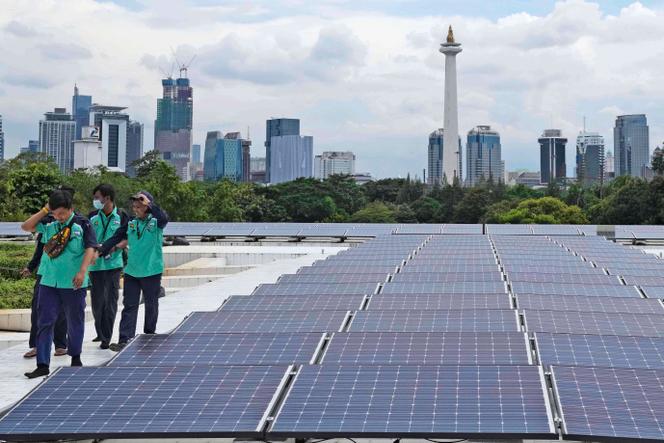Indonesia’s Green Islam movement is devoted to protecting the environment
October 4, 2025
Subscribers only
Letter from southeast Asia


Garut, a small town in western Java, Indonesia, will soon become known for the very first pair of “eco-friendly” twin mosques, with walls constructed from panels made out of 12 metric tons of recycled plastic and 24 metric tons of rice husks. The project is led by the local Islamic school, the pesantren Welas Asih, which has already converted some 200 nearby households to a “zero waste” lifestyle and prides itself on training a generation of students to be “peacemakers and changemakers.” On September 14, the school’s director, Irfan Amali, welcomed the initiative, telling the Jakarta Post that transforming waste in this way will save thousands of trees and, God willing, could become for all a form of devotion.
Indonesia, the world’s most populous Muslim country – 88% of its 284 million inhabitants practice Islam – has seen religion play an increasingly central role in the fight against global warming. The vast archipelago of 17,000 islands is on the front line: rising sea levels and increasingly powerful storms have caused damage that is now impossible to ignore. In addition, the country faces a catastrophic “waste crisis”: more than a third of national waste production – some 11.3 million metric tons – was deemed “unmanaged” by the Ministry of Environment in 2024, meaning it risks ending up in the environment.
You have 71.98% of this article left to read. The rest is for subscribers only.
Subscribe to continue reading.
Get unlimited access to Le Monde in English
€3.99/month, cancel anytime
Already a subscriber? Sign in
Search
RECENT PRESS RELEASES
Related Post




